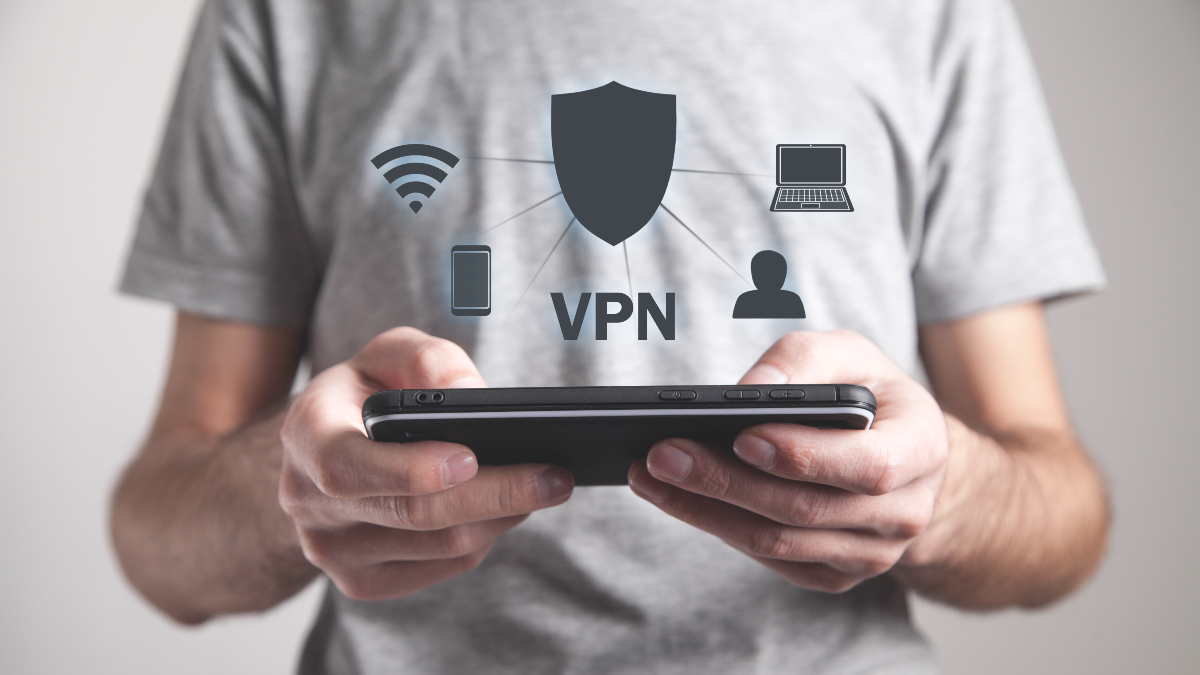As you know, the digital world we live in today includes certain constraints and dangers. We are not talking about technical constraints here, but rather limitations on our users that may arise from legislative acts, state controls, or geographic restrictions. Along with these restrictions, you should also know that online privacy has now become almost illusory, your information is a gold mine for many players, and they happily use your personal data to build customer profiles. potential which will be resold to advertising agencies.
A VPN for Windows, for example, provides a solution to these two problems: limitations, and the leakage of personal data. Therefore, in this article, we will take about what a VPN is and why you should use it, and other things you need to know about it.
What Is a VPN for?
In fact, using a VPN can serve several purposes, although its function is only to encrypt your data between you and it and provide you with a new IP address. Internet users have indeed found new ways to use them over the years and their popularity is currently skyrocketing among individuals.
More Details About VPN
VPN stands for “Virtual Private Network”. A VPN is a tunnel, created between your machine, or your local network, and an external server. The connection is end-to-end encrypted using several possible protocols. Currently, the most widely used encryption protocols in the field are L2TP, OpenVPN, and PPTP. The fact that the data is end-to-end encrypted means that what circulates (your data) in the tunnel, between your machine/router (or box), and the VPN server is “indecipherable”.
No matter you use a paid or a free VPN service, the VPN server will make your requests and communicate the results to you through this encrypted tunnel. Additionally, a VPN server can be physically located anywhere in the world. As it is this server that communicates, in clear, with the rest of the actors (for example a website) it is its IP address that is visible.
Let’s try to explain this with a deliberately very simplified diagram: Let’s say your IP address is 1.2.3.4.
In 1 (Computer): Using dedicated software, or configuring a VPN tunnel in Windows (see below), you initiate a connection to the VPN server located at point 3. This connection is completely transparent to the user, and you can continue to use your PC in the same way as usual. However, you may no longer be able to access certain resources on your local network (shared folders for example) if they are accessed by their address. And it’s also possible that you may experience some drop in your connection speed. Since the VPN server must receive all your requests before transmitting them to the remote site in order to then be able to return the information returned by that site to you, the addition of this “extra step” lengthens the data processing. However on the internet, your IP changes, you now appear with that of the VPN server, it becomes for example 5.6.7.8.
In 2 (Encrypted transmission): Incoming and outgoing connections between your computer (1) and the VPN server (3) are encrypted using a strong protocol (the same protocol used by the military for its encrypted communications), which can be considered particularly secure.
In 3 (the VPN server): The VPN server receives your requests, decrypts them, and then processes them. In the other direction, it encrypts your data and transmits it through the VPN tunnel to your computer.
In 4 (Internet): The sites and services you visit are actually accessed by the VPN server, so these sites do not see you under the address 1.2.3.4 but under the server address 5.6.7.8. At the same time preventing them from identifying you. In other words, you communicate with a server through an encrypted tunnel, which no one can access except this server. The latter works for you and transmits the results back to you via the same encrypted tunnel.
It is important to understand that even your internet service provider cannot know the content of the data flowing through the tunnel. It’s just possible for them to know that you’re using a VPN, nothing more. Only the VPN server (since it decrypts and encrypts your data) is able to know your online activity. This activity may or may not be recorded in log files, which are called logs.
Illegal Downloading
Let’s start there directly since it is common knowledge that the vast majority of VPN subscriptions are for this use. In our country, for example (but this is also the case in many countries) the free downloading of copyrighted works is illegal. Those wishing to circumvent this legislation while not undergoing legal compensation, therefore, use a VPN (This is mainly applicable to P2P). Indeed, ISPs have a legal obligation to inform an organization if they detect that this type of data is circulating on your line. We quickly realize that your ISP cannot prove that you download illegally. It can only say that on such a day, at such a time, you connected to an IP address known to be that of a VPN. Those who download therefore simply have to choose a VPN server located in a country where the legislation allows this type of downloading, such as the Netherlands, Luxembourg, Poland, or even Canada (there are others).
There are many other uses of VPNs but what has been written above can give you an idea of how this network works. Interested in using a VPN, you’re recommended to use iTop VPN, the best free VPN for Windows.

